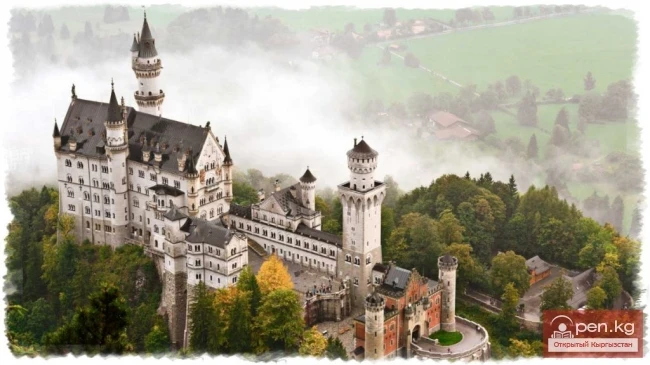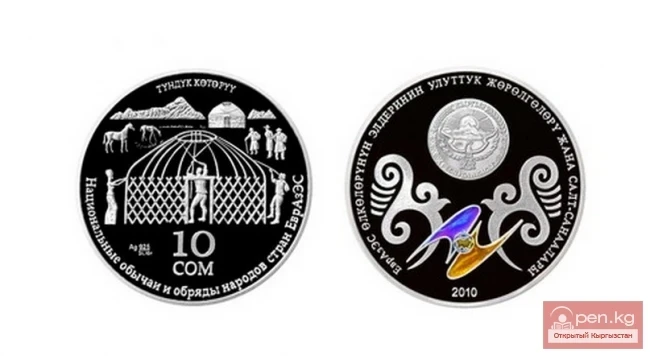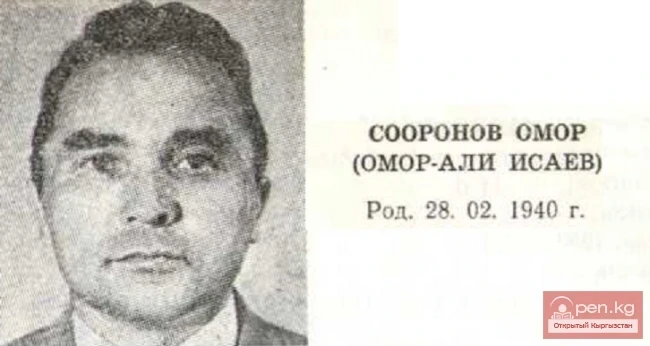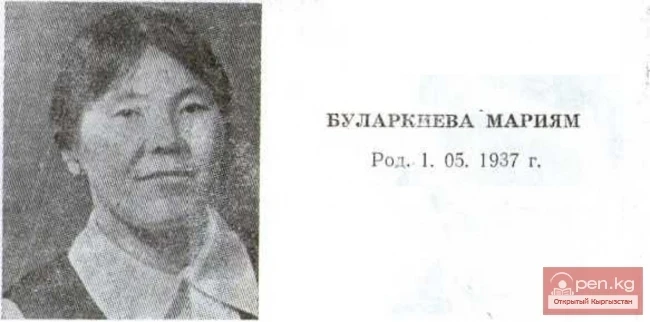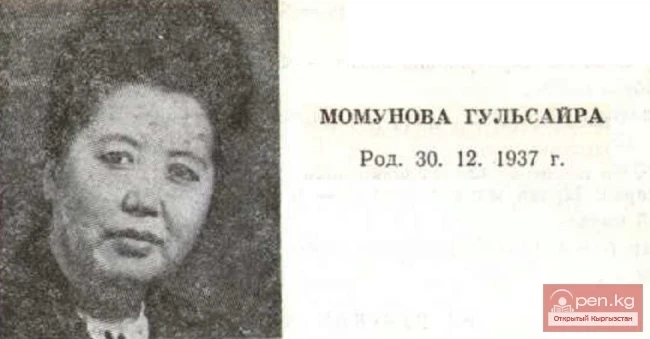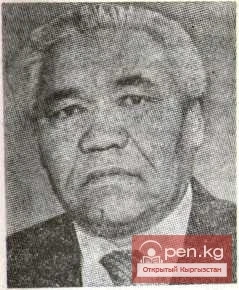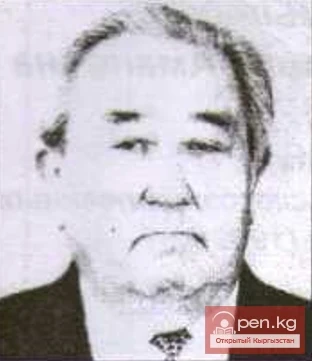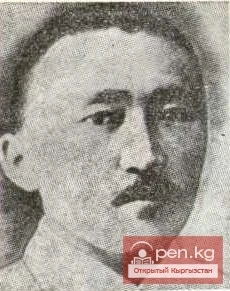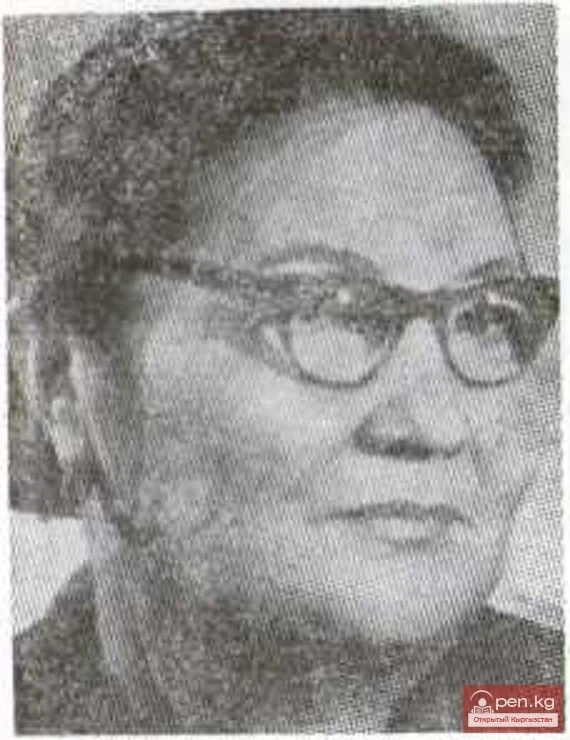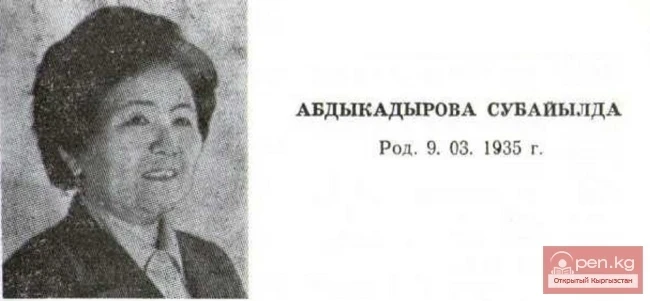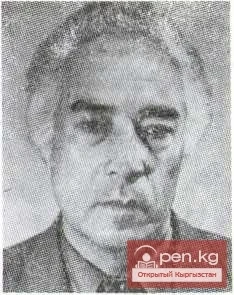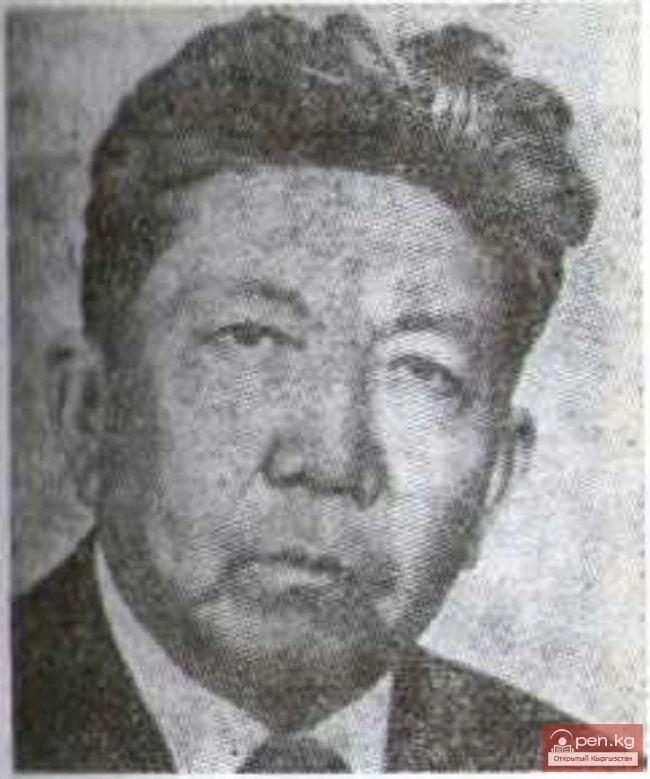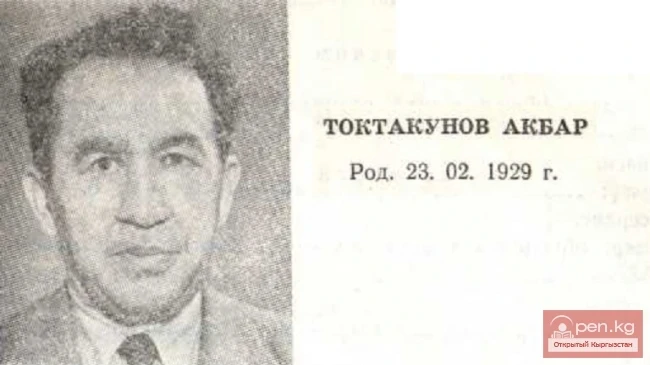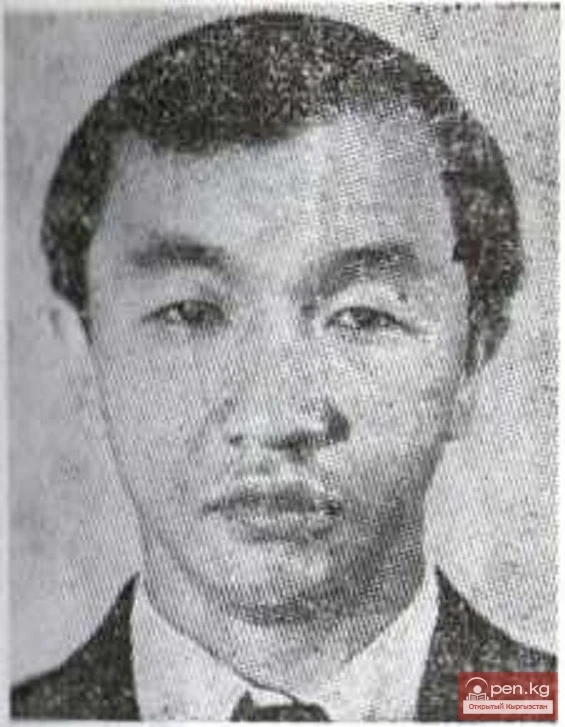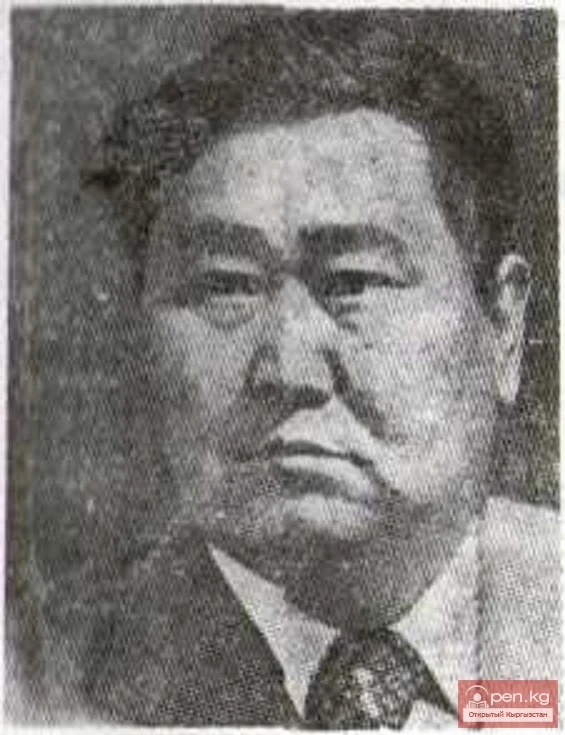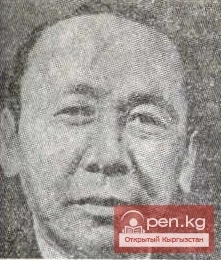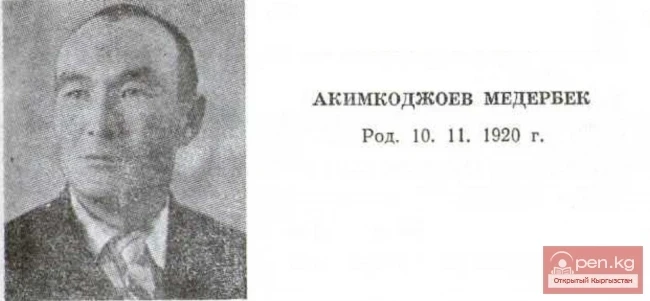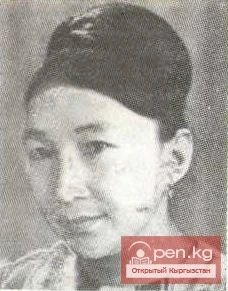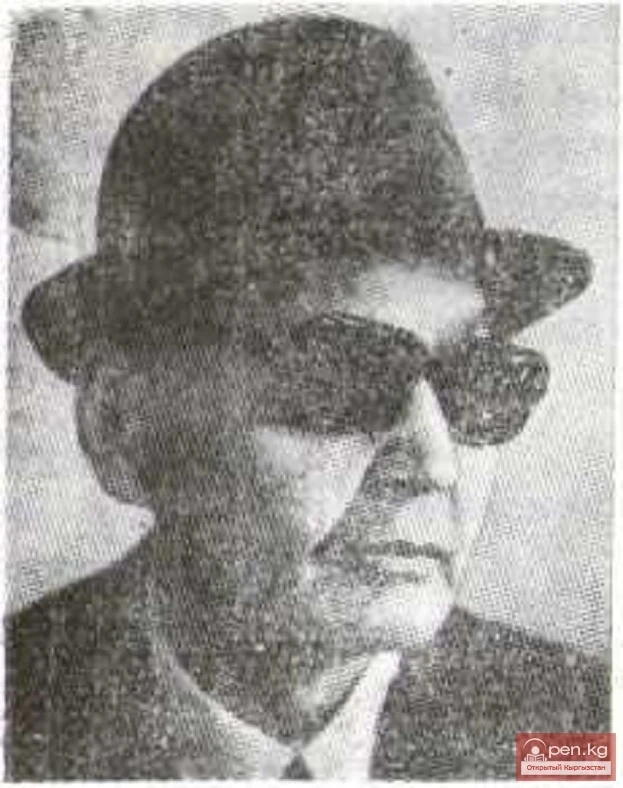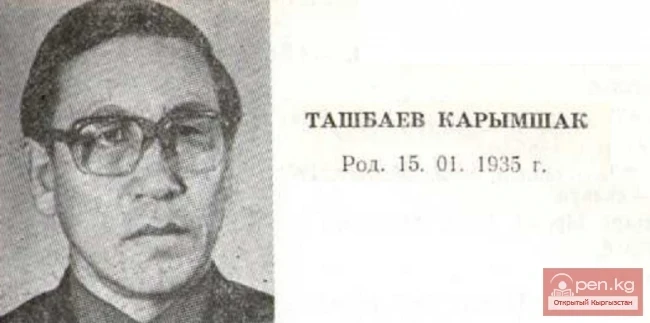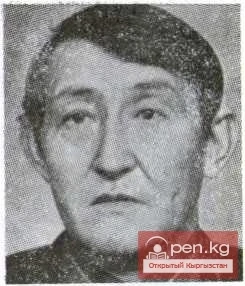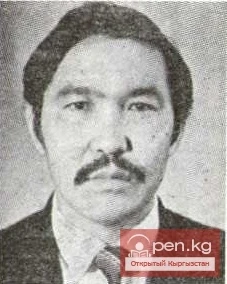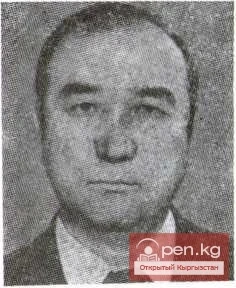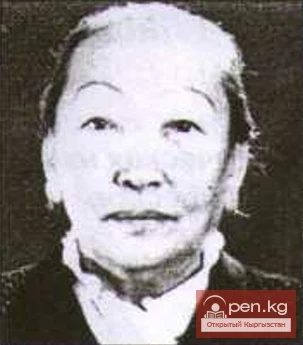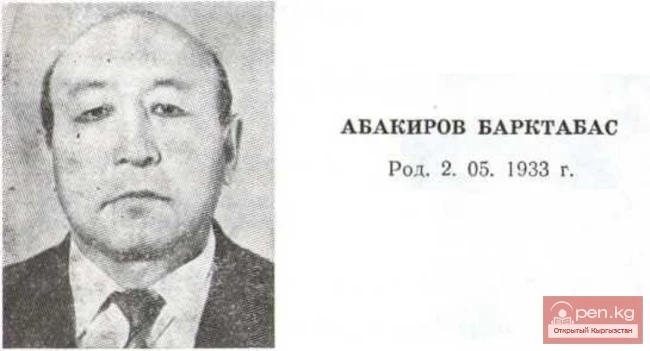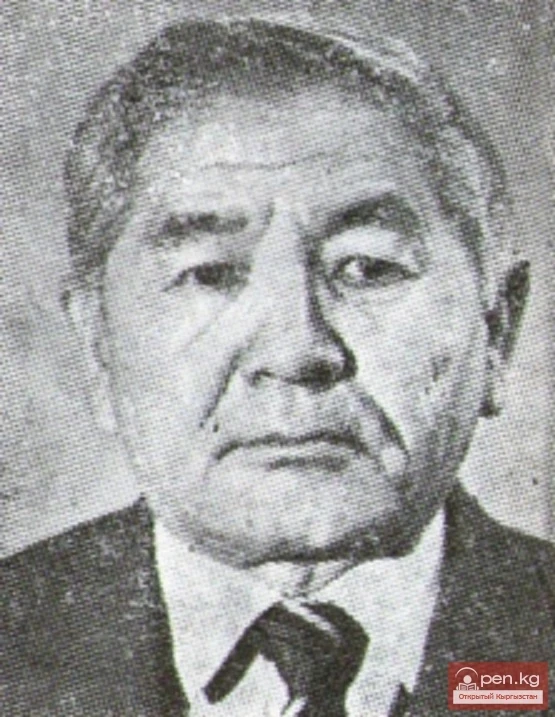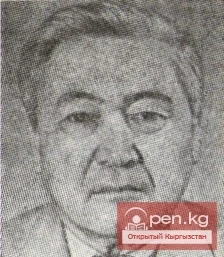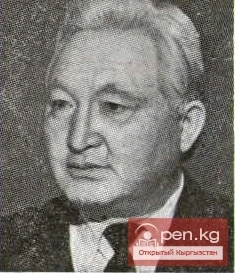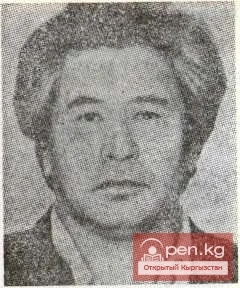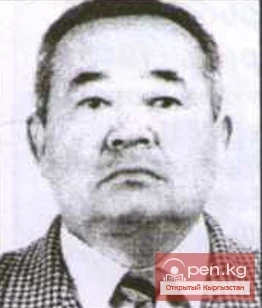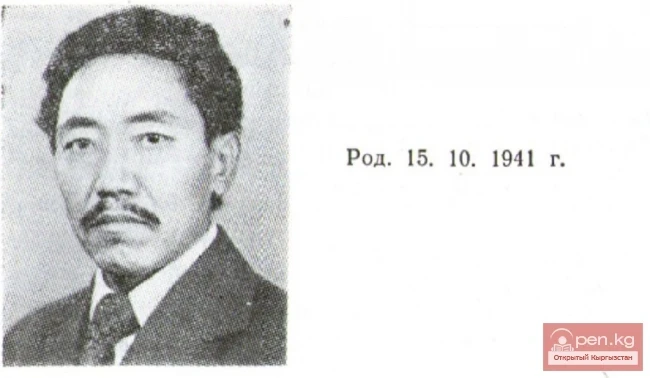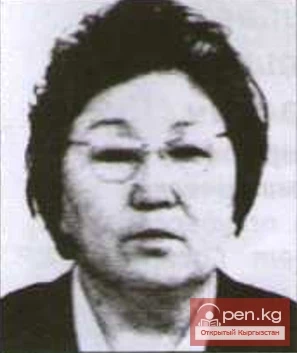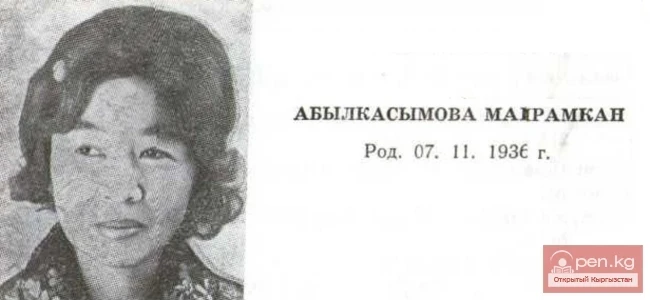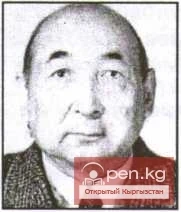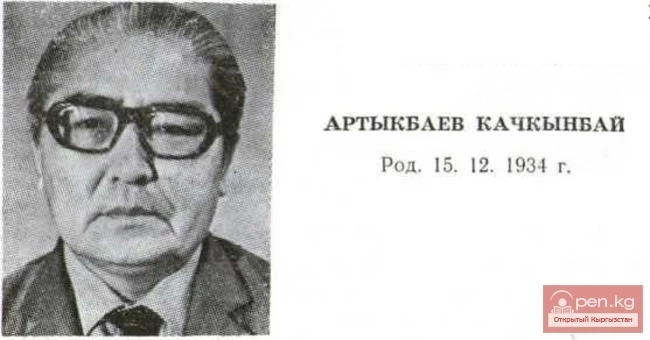Federal Republic of Germany
A country in Central Europe. Area - 357,022 sq. km. Capital - Berlin (3.39 million), largest cities: Hamburg (1.7 million), Munich (1.26 million), Cologne (about 1 million). In terms of administrative-territorial division, the FRG consists of 16 federal states: Bavaria, Baden-Württemberg, Berlin, Brandenburg, Bremen, Hamburg, Hesse, Mecklenburg-Vorpommern, Lower Saxony, Rhineland-Palatinate, Saarland, Saxony, Saxony-Anhalt, North Rhine-Westphalia, Thuringia, and Schleswig-Holstein. Population - 82.5 million (2004); the overwhelming majority (91%) are Germans. About 60,000 Sorbs (in the states of Brandenburg and Saxony), 50,000 Danes (in the northern regions of Schleswig-Holstein), 12,000 Frisians (Lower Saxony and Schleswig-Holstein), and 70,000 Roma live in the FRG. These groups are officially recognized by the state as national minorities. In addition, more than 7 million foreigners reside in Germany. The official language is German.
The predominant religion is Christianity (about 55 million). It is practiced by 26.6 million Catholics, 26.3 million Protestants, and 2 million belong to other Christian denominations. The currency is the euro = 100 cents.
It has diplomatic relations with the Russian Federation (established by the USSR with the GDR in 1949, with the FRG in 1955).
National holiday - October 3 - Day of German Unity (1990, the date of the reunification of the GDR with the FRG).
The FRG is a federal state, each of its federal states has its own constitution, parliament, and government. The constitution of the federation - the Basic Law of the FRG - was adopted on May 23, 1949. The head of state is the federal president (since July 2004 - H. Köhler); he represents the country in international relations and is elected by a specially convened federal assembly for a term of 5 years. The full executive power belongs to the federal government headed by the federal chancellor (since 2005 - A. Merkel (CDU)). The vice-chancellor and minister of labor is F. Müntefering (SPD). The government is a coalition (CDU/CSU, SPD).
The supreme legislative body of the FRG at the federal level is the parliament, consisting of 2 chambers: the Bundestag and the Bundesrat.
The Bundestag is elected for 4 years through universal direct and secret elections. Half of the deputies are elected in districts by direct voting according to the majority system, the others are elected from party lists submitted in each federal state according to the proportional system. Parties that receive at least 5% of the votes from the lists or elect 3 deputies from electoral districts can be represented in the Bundestag. In the early elections on September 18, 2005, the seats in the Bundestag were distributed as follows: CDU/CSU - 226, SPD - 222, FDP - 61, Left Party - 54, "Alliance 90/The Greens" - 51. The interests of the federal states are represented by the Bundesrat, which provides them with the opportunity to influence the legislative and executive power of the federation (along with the Bundestag, it participates in legislative activities). Each federal state has at least 3, but no more than 6 votes in the Bundesrat (depending on the population). Its members (prime ministers, ministers of the federal states) are delegated by the state governments.
Currently, there are 69 seats in the Bundesrat. As of mid-2005, the majority of votes belonged to the states led by the CDU/CSU.
Political parties and public organizations: The Social Democratic Party of Germany (SPD) - the largest party in the FRG (about 605,000 members). It was formed as a political party in West Germany in 1946. The SPD is a center-left party with predominant support from the Protestant population. It advocates the preservation of private property and free enterprise, aiming to ensure social peace in society through socio-economic reforms. The party chairman is M. Platzeck. The general secretary is H. Heil.
The Christian Democratic Union (CDU) - founded in 1945. It has 574,500 members. It has influence in various population groups and relies on support from the Catholic Church. The CDU operates in all federal states of the FRG except Bavaria. From the formation of the FRG until 1969 and in 1982-98, it was the ruling party. Since November 2005, it has been part of the coalition government. The chairman of the CDU is A. Merkel. The general secretary is F. Kauder.
The Christian Social Union (CSU) - operates in Bavaria. Founded in 1945. Membership - 173,000. Ideologically and politically, it is a sister party to the CDU, dominating in the socio-political life of Bavaria. In the last state elections in September 2003, the CSU achieved a convincing victory (60.7% of the votes) and formed a single-party government. The chairman of the CSU is E. Stoiber. The general secretary is M. Söder. The CDU and CSU are independent parties; however, they operate in close alliance and form a single faction in the Bundestag.
The Free Democratic Party (FDP) - represents the interests of medium and small entrepreneurs, employees, civil servants, and professionals. Founded in 1945. It has about 67,000 members. It advocates traditional European and German liberalism. The chairman of the FDP is G. Westerwelle. The general secretary is D. Nibel.
The "Alliance 90/The Greens" Party (about 44,000 members) - exists in its current form since 1993 after the merger of the West German "Greens" with the human rights movement of the former GDR "Alliance 90." Women, youth, and students form an important support base. The co-chairs of the party are R. Bütikofer and K. Roth.
The Left Party - Party of Democratic Socialism (Left Party - PDS) - is the successor of the Socialist Unity Party of Germany (SED) - the former ruling party in the GDR, which radically revised its program documents. The party chairman is L. Bisky. Membership - 65,000.
The Republican Party - formed in 1983 from representatives of the right wing of the CSU (about 7,500 members). Chairman - R. Schillinger.
The German People's Union - founded in 1971. It unites several right-wing organizations. Membership - 11,000. Chairman - G. Frei.
The National Democratic Party of Germany (NPD) - created in 1964 through the merger of various neo-Nazi groups.
Membership - about 5,000. Chairman of the NPD - U. Voigt.
There are also numerous and influential organizations uniting descendants from the former provinces of the German Reich.
The largest of them is the Union of the Expelled, established in 1958 (about 2.5 million). President - E. Steinbach.
The largest and most influential trade union organization is the Confederation of German Trade Unions (DGB). Established in 1949. It includes 8 sectoral trade unions. Membership - 7 million people. Alongside the DGB, the German Union of Civil Servants (1.2 million), the Confederation of Christian Trade Unions in Germany (0.3 million), and several smaller trade unions also operate.
German entrepreneurs are united in regional unions organized by industry. The main organization - the Federal Association of German Employers' Associations, acts as a coordinating body representing the interests of its members. The leading industry associations of entrepreneurs are the Federal Association of German Industry, the Confederation of German Industrial and Commercial Chambers, and the Confederation of German Craft Chambers.
Numerous youth unions and associations (about 700 in total) play a significant role in various spheres of social and political life in the FRG. An influential association, the Federal Youth Circle, acts as a coordinator representing the interests of youth before the government.
In ancient times, Germanic and Slavic tribes lived on the territory of modern Germany. In the 10th century, the East Frankish Kingdom was formed, which received the conditional name Germany, and later the Holy Roman Empire (962-1806), in which Germany held a dominant position, which subsequently fragmented into separate states (principalities). After the defeat of Austria and Prussia in the war with Napoleonic France
the Holy Roman Empire was dissolved; by the decision of the Congress of Vienna in 1814-15, the German Confederation was created, consisting of 39 states under the hegemony of the Austrian Habsburgs. The unification of Germany by O. Bismarck was achieved after the defeat of Austria in the war of 1866 with Prussia, the dissolution of the German Confederation, and the creation first in 1867 under the hegemony of Prussia of the federal North German Confederation, and then - after the Franco-Prussian War of 1870-71 - of the German Empire. In 1914, it unleashed World War I, in which the German-Austrian bloc was defeated. Germany signed the Treaty of Versailles in 1919.
The November Revolution of 1918 led to the overthrow of the monarchy and the establishment of the Weimar Republic. Since 1933, Germany has been under a fascist dictatorship led by A. Hitler. Fascist Germany annexed Austria (1938), Czechoslovakia (1938-39), unleashed World War II (1939-45), and attacked the Soviet Union (June 22, 1941). It was defeated by the anti-Hitler coalition with the decisive contribution of the USSR. It unconditionally capitulated on May 8, 1945. The territory of Germany was divided into Soviet, American, British, and French occupation zones. In September 1949, the Federal Republic of Germany was established in the territory of West Germany (the zones of the USA, Great Britain, and France), while on October 7, 1949, the German Democratic Republic was proclaimed in the territory of East Germany (the Soviet zone).
The FRG in its current form was established on October 3, 1990, through the unification of the two German states - the FRG and the GDR - within their existing borders at that time.
Germany is a member of the UN (since 1973), the Council of Europe (since 1951), the OECD (since 1960), the EU (since 1957), Euratom (since 1957), the ECSC (since 1954), and NATO (since 1955).
